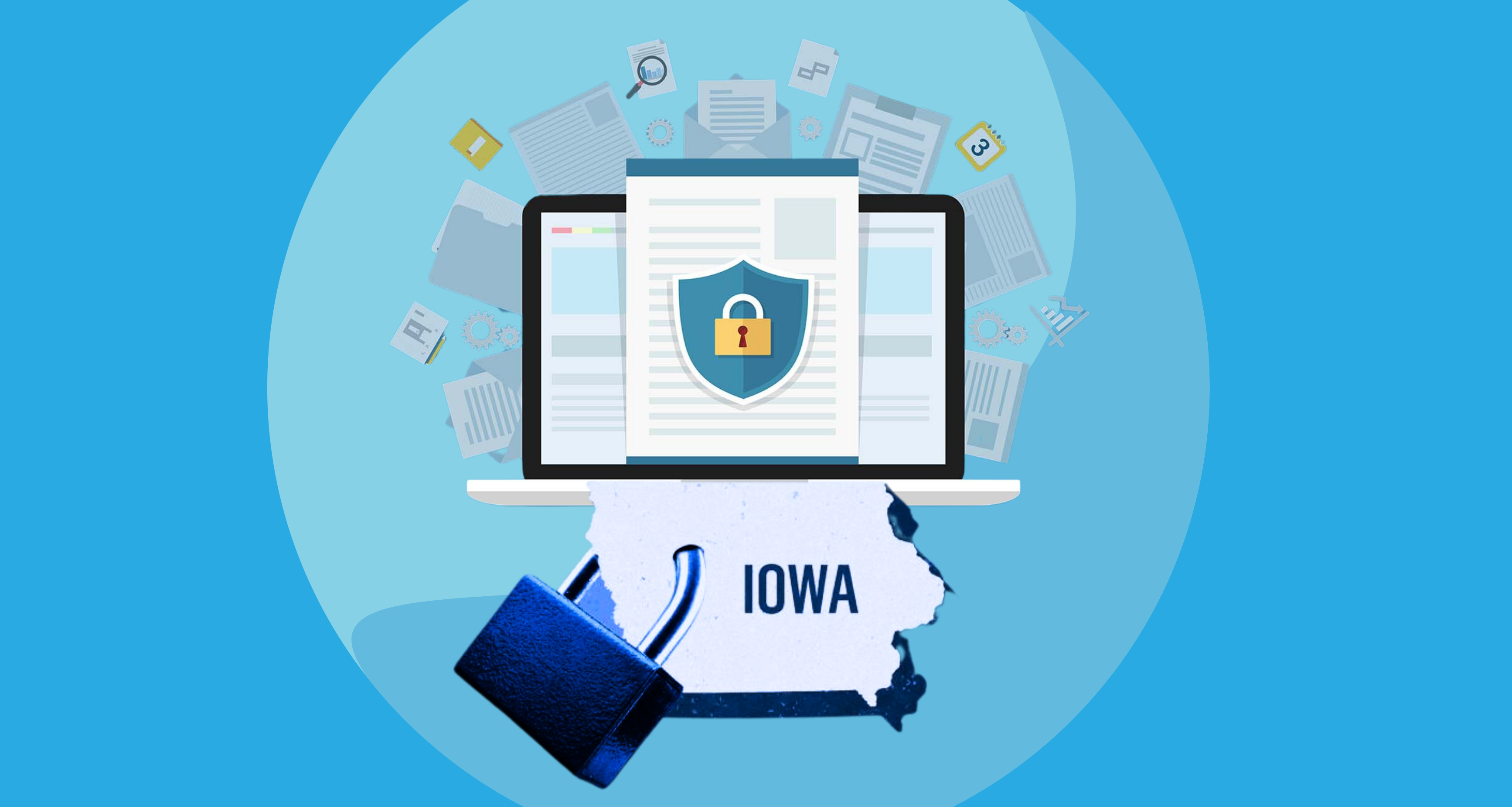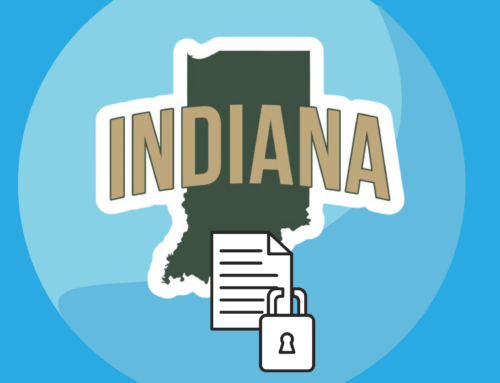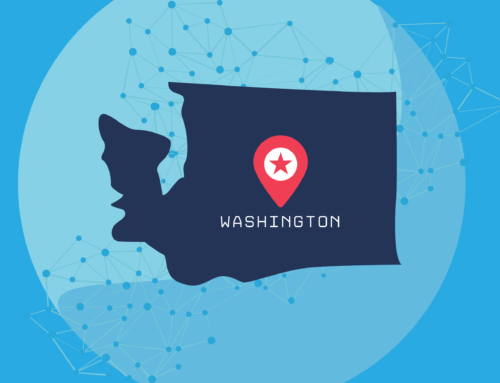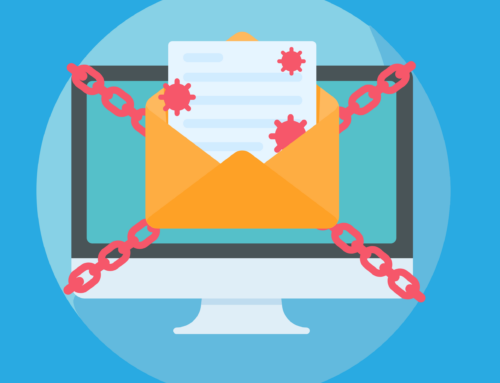The Iowa Data Privacy Law is an important legislation that ensures the protection of individual privacy rights in the state. It regulates how organizations collect, store, and use personal information to Iowa residents, to prevent unauthorized access, disclosure or misuse of such data. The law applies to both private and public entities operating within Iowa’s borders.
On March 29, 2023, Governor Kim Reynolds of Iowa signed Senate File 262 into law, making Iowa—a little unexpectedly—the sixth state to do so after Connecticut, California, Virginia, Colorado, and Utah.
The Iowa Privacy Law & HIPAA
HIPAA and the Iowa Data Privacy Law both have their goal set to protect the privacy and security of patient data. They both require entities that collect or use this information to implement safeguards to protect electronic patient health information (ePHI) from unauthorized access, use or disclosure.
These safeguards include:
- Administrative (Risk Assessments & Training Programs)
- Physical (Access Controls & Alarm Systems)
- Technical (Encryption & Firewalls)
Another similarity between HIPAA and the Iowa Data Privacy Law is their scope of coverage. They both apply to healthcare providers, insurers, and other entities that handle personal health information in some capacity.
Difference Between the Iowa Privacy Law & HIPAA
Despite having similarities, there are also notable differences between HIPAA and the Iowa Data Privacy Law. Firstly, HIPAA is a federal law that applies to all healthcare providers, insurers, and business associates who handle protected health information (PHI). In contrast, the Iowa Privacy Law is specific to the state of Iowa and primarily applies to healthcare providers. This means that if you receive medical treatment in Iowa, your PHI may be subject to both laws.
One major difference is in their enforcement mechanisms. HIPAA violations can result in significant fines from federal agencies such as the Department of Health and Human Services, whereas violations of the Iowa law may result in private lawsuits but not government penalties.
In comparison to HIPAA (Health Insurance Portability and Accountability Act), which is a federal law that governs the handling of medical records and PHI across all states, the Iowa Data Privacy Law expands beyond healthcare-related data.
It encompasses all forms of personally identifiable information including:
- Names
- Addresses
- Social Security Numbers
- Financial Data
- Biometric Data
Another significant difference between HIPAA and the Iowa Privacy Law is how violations are handled. Violations of HIPAA can result in significant fines, criminal penalties, and civil actions against covered entities. In contrast, violations of the Iowa Privacy Law are typically addressed through disciplinary actions by professional licensing boards or administrative agencies.
Overall, while there are similarities between HIPAA and the Iowa Data Privacy Law regarding their protection of personal health information, there are also several key differences in terms of enforcement mechanisms and definitions of what constitutes protected health information. It’s essential for healthcare providers operating in Iowa to understand these distinctions to ensure they are in compliance with both laws.









